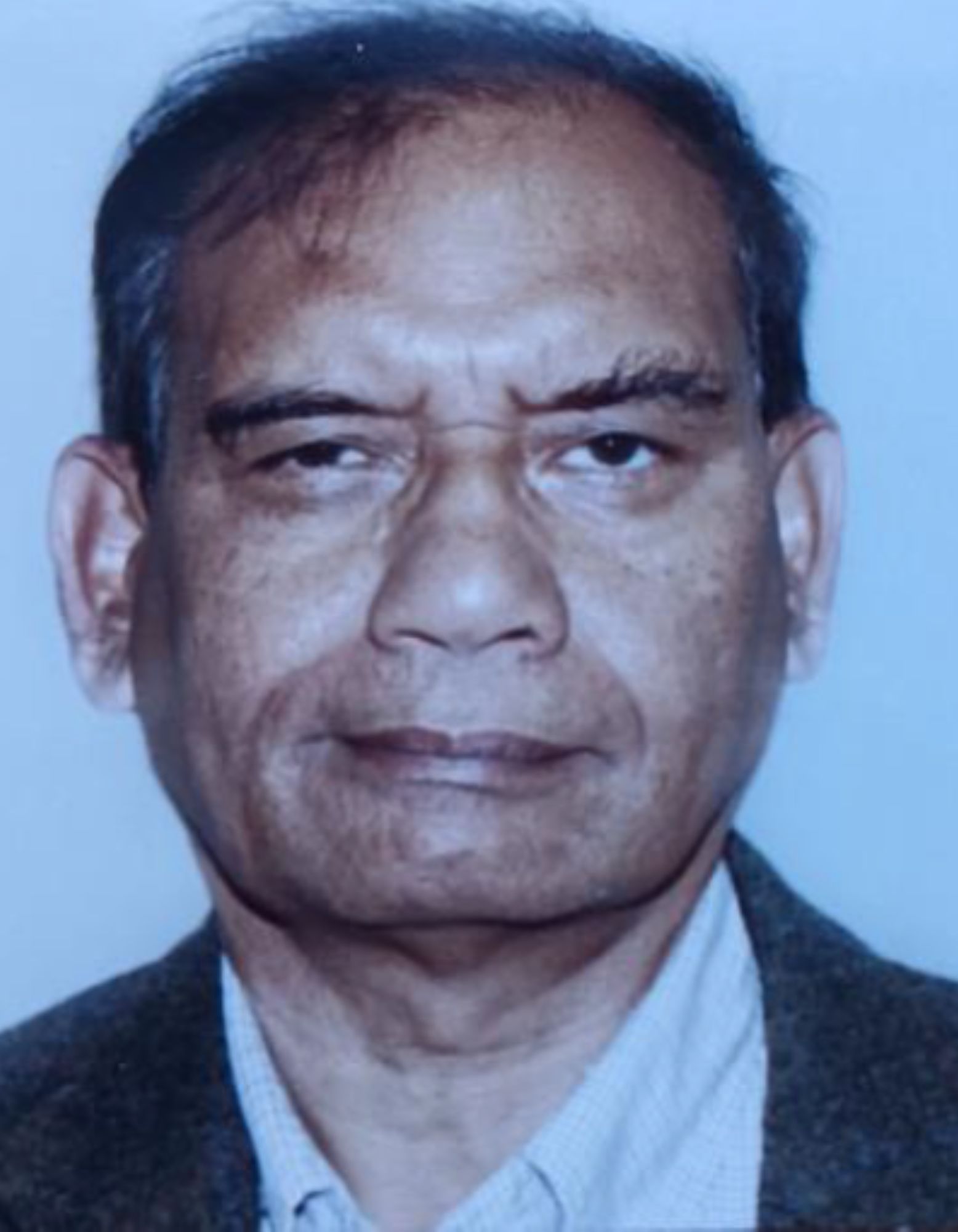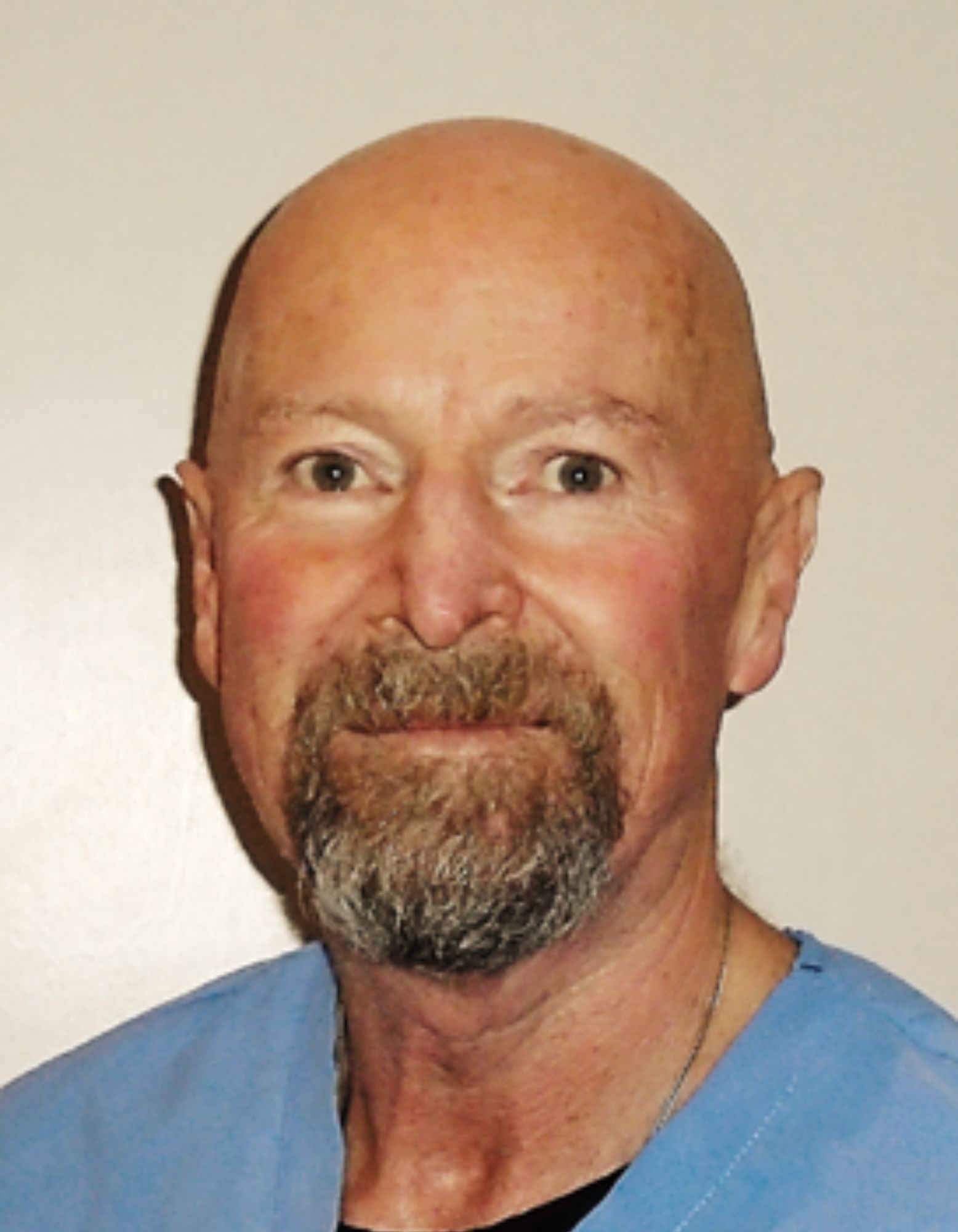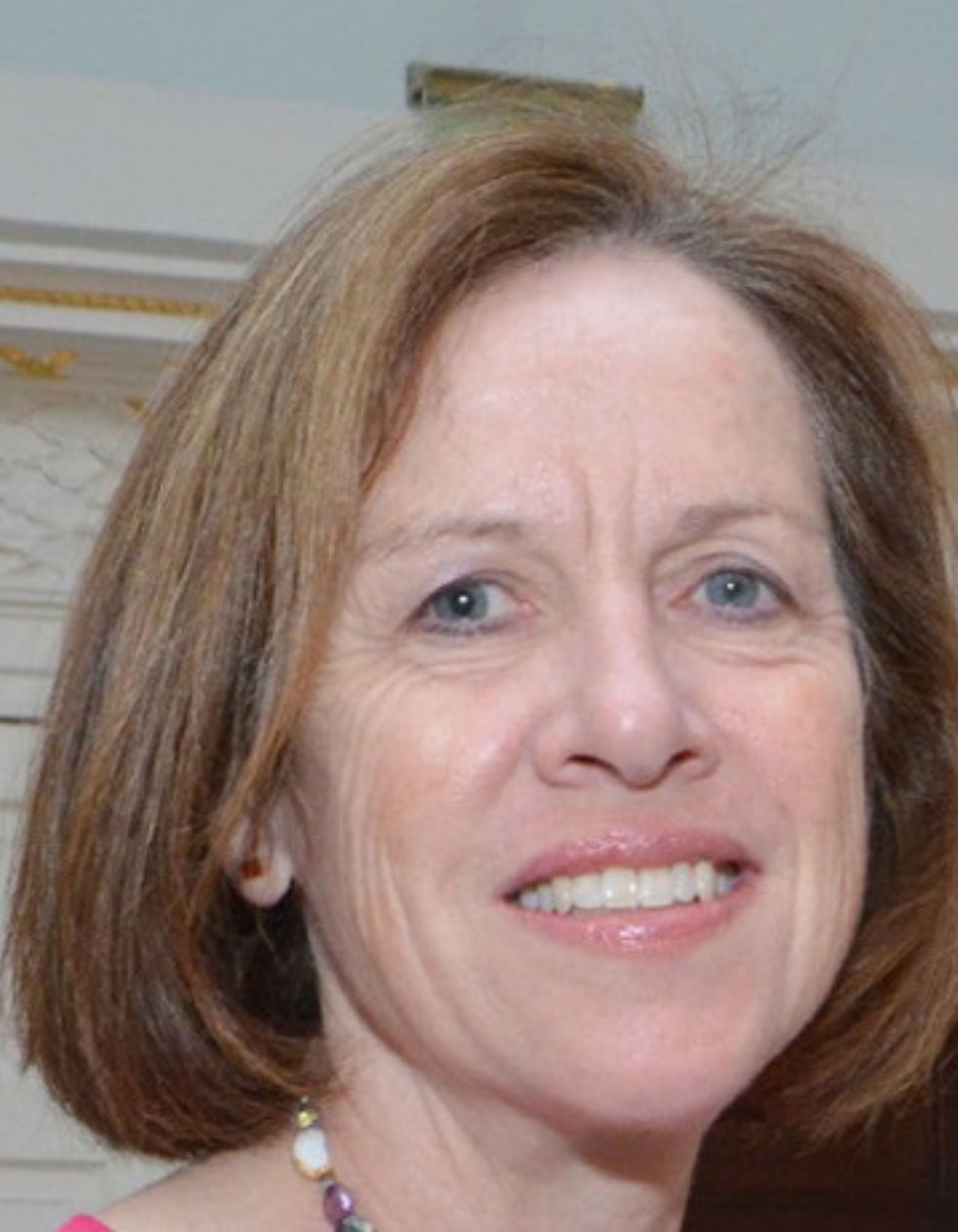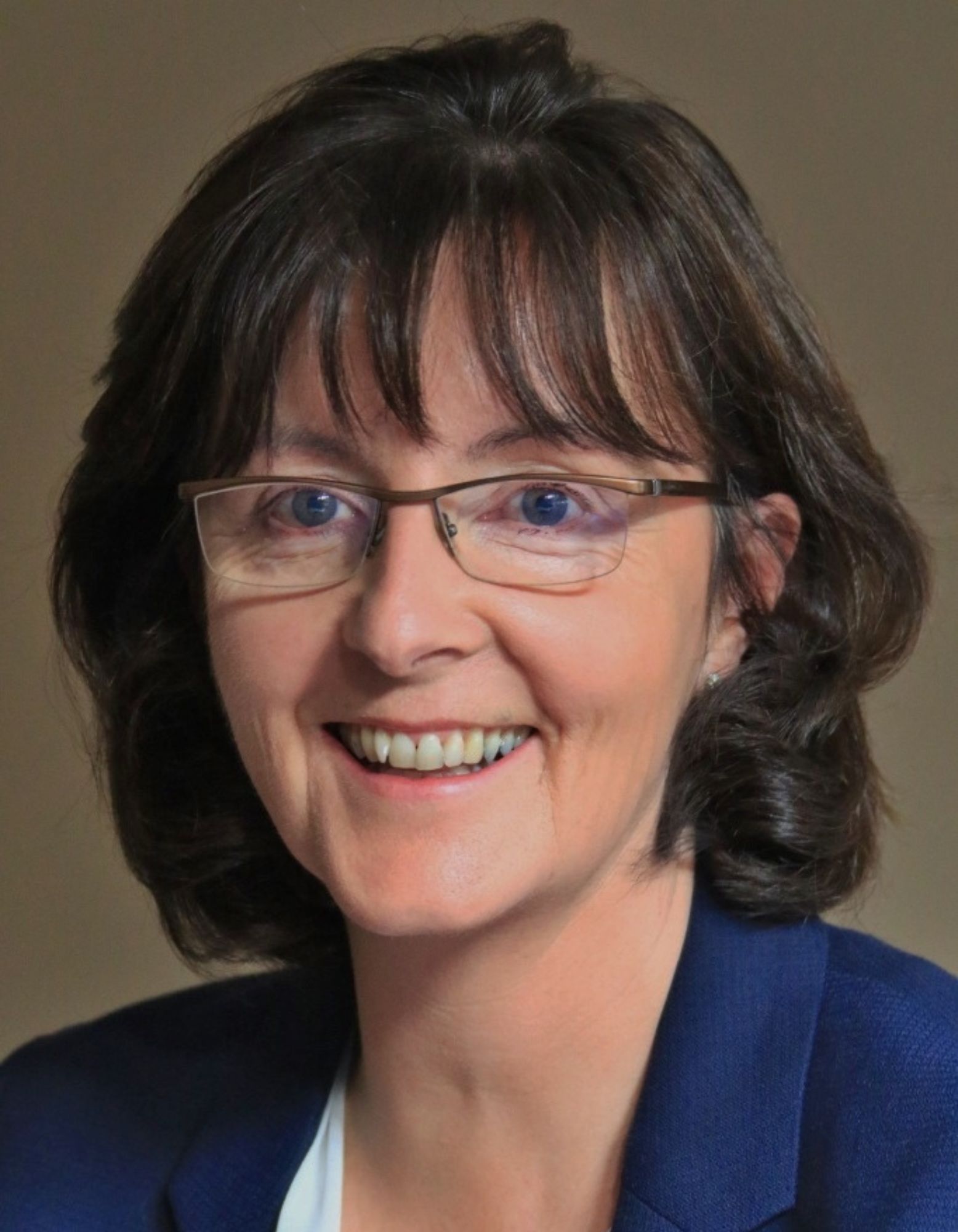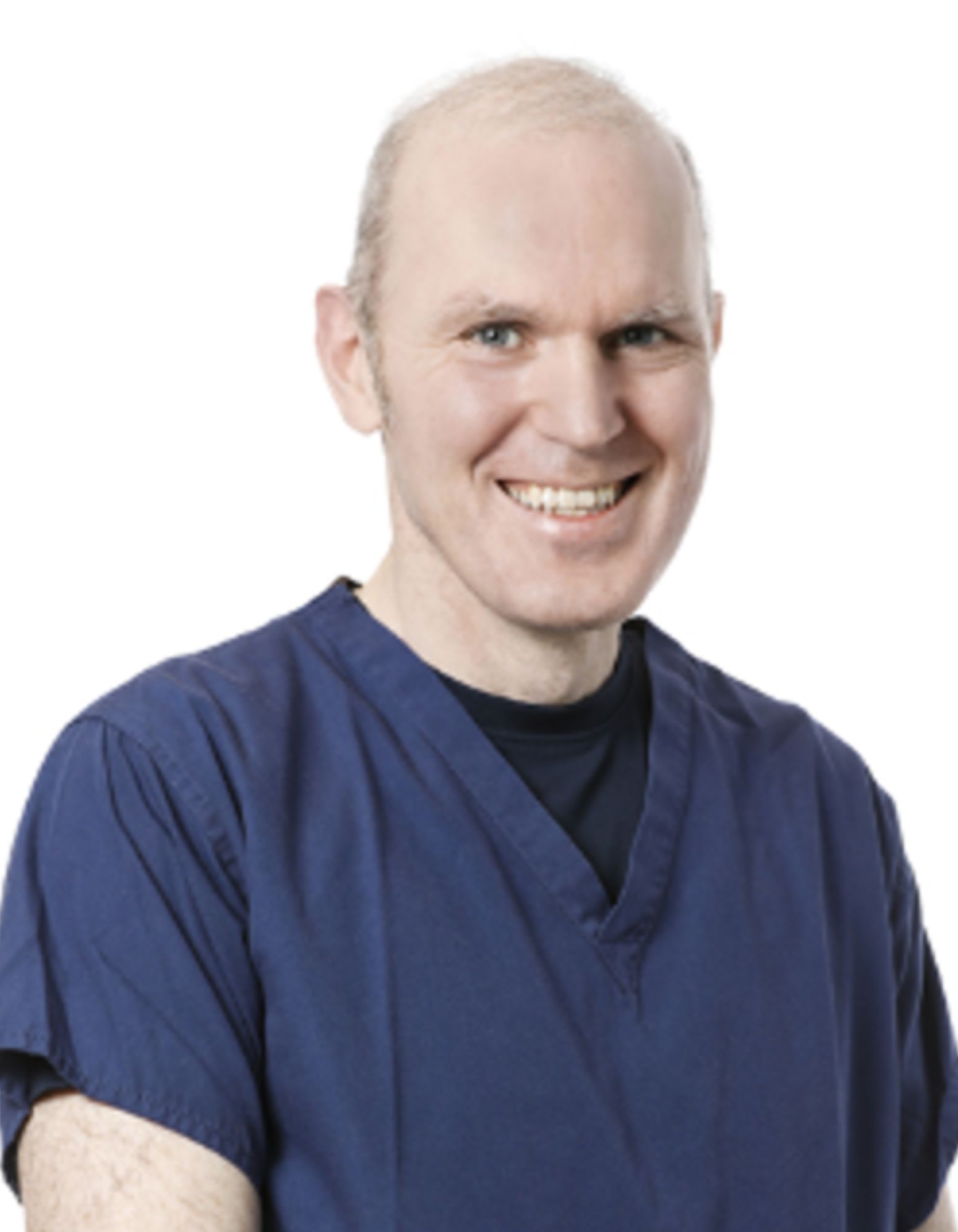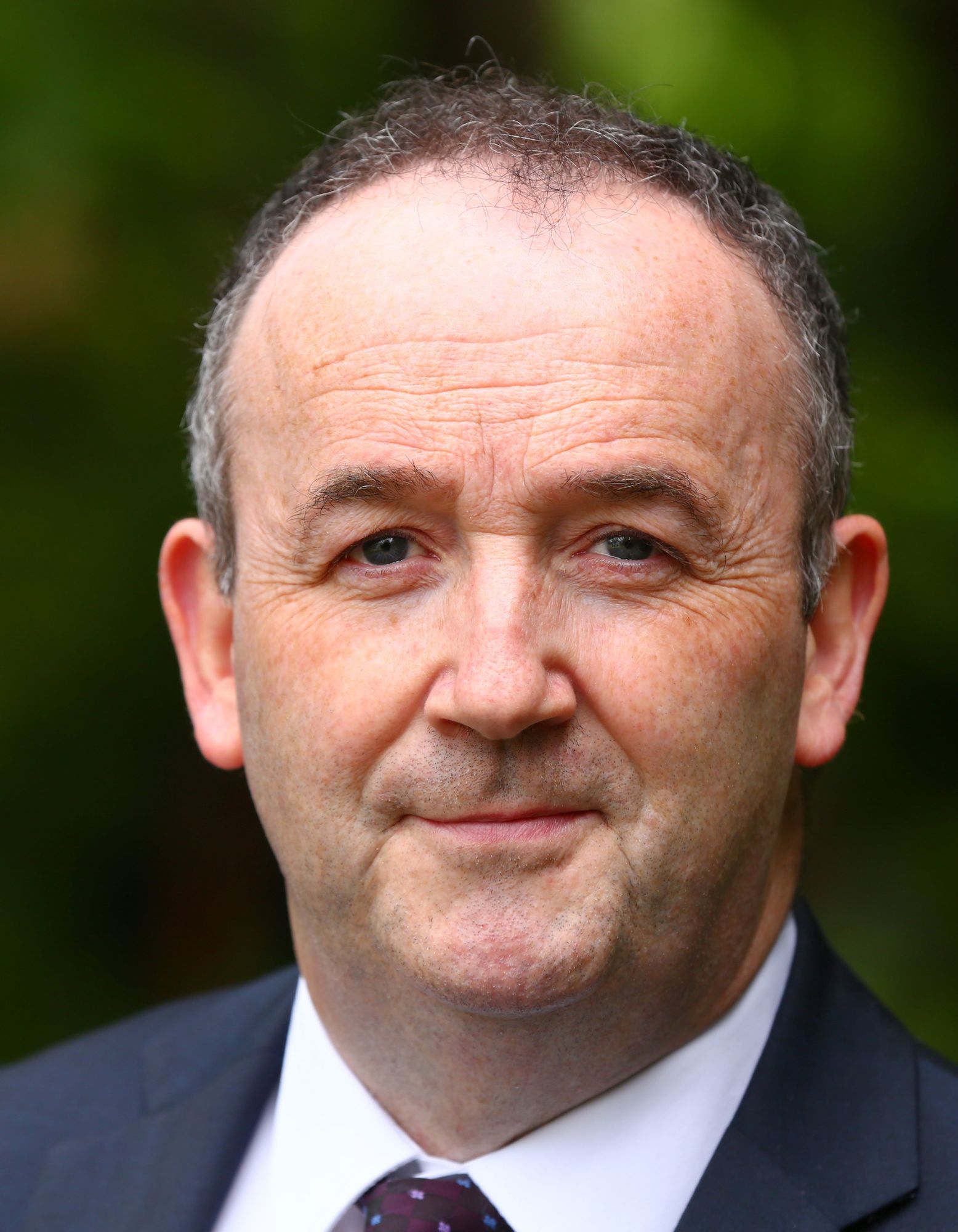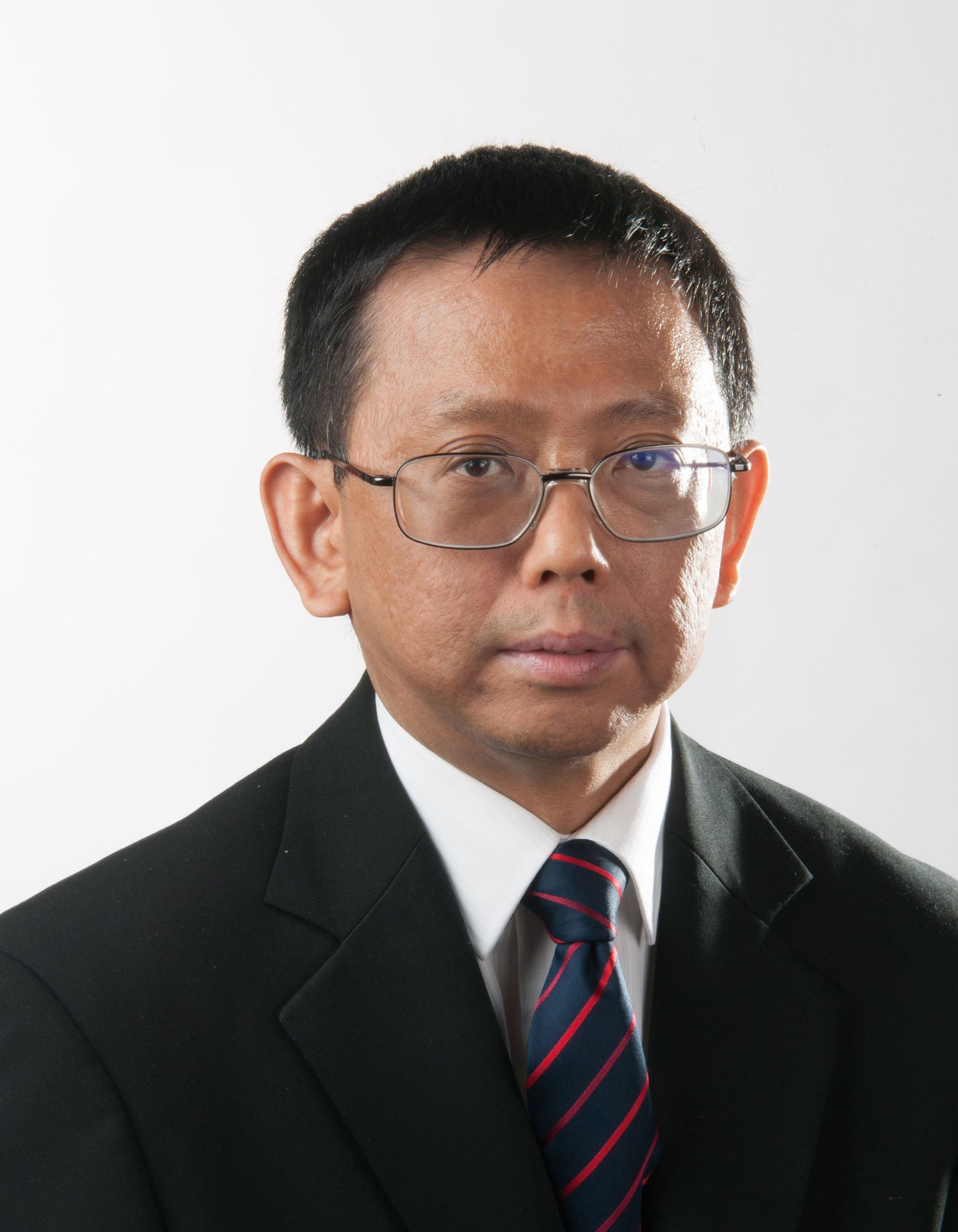October 3rd, 2019
RCSI Faculty of Dentistry express concerns for patient care under new National Oral Health Policy.
Read the press release and previous statements below.
RCSI Faculty of Dentistry express concerns for patient care under new National Oral Health Policy
- RCSI Faculty of Dentistry has renewed expressions of concern regarding the implementation of the Department of Health’s new National Oral Health Policy;
- Faculty calls on Government to review current National Oral Health Policy which fails to make provision for postgraduate education and training of dentists;
- Network of advanced oral healthcare centres require skilled dental specialists to staff these centres of excellence
- Enhanced education for postgraduate dentists is vital to ensure the future delivery of safe and effective dental care for patients.
The Faculty of Dentistry of the Royal College of Surgeons in Ireland (FoDRCSI) has renewed its’ expressions of concern for patient care under the new National Oral Health Policy; Smile agus Sláinte.
The Faculty is Ireland’s leading centre for postgraduate dentistry education, with around 900 students examined each year and over 2,000 of its graduates working in the profession across Ireland and the world.
Oireachtas Joint Committee on Health
Representatives from the Faculty attended the Oireachtas Joint Committee on Health (15 May 2019) to discuss and propose changes to the current National Oral Strategy.
Subsequently, the Dean of the Faculty Dr. John Marley, and Vice Dean, Professor Chris Lynch, attended a meeting of key stakeholders in Irish dentistry at the Department of Health on 26 August 2019. The meeting, chaired by Minister of Health Simon Harris, included representation from the RCSI Faculty of Dentistry, the Irish Dental Association, the Dental Council and the Irish Society for Disability & Oral Health and the Chief Dental Officer.
At the meeting, the Faculty set out its key concerns in relation to Smile agus Sláinte, particularly in respect of existing post-graduate training gaps and urged for it to be resolved in the Department’s implementation of the Policy.
Call for action
This week, Dean of the Faculty Dr. John Marley, has written to the Minister for Health outlining its continued concerns. The Faculty has urged the Department of Health to establish in postgraduate dental education what is already routinely provided within the medical community, and ensure that the following elements were a core part of its National Oral Strategy:
- A mandatory system for continuing professional development for dentists.
- A properly established and funded Dental Foundation Training/Vocational Training Scheme. This would protect dental school graduates in the transition from dental school to independent practice.
- The introduction of further specialist lists in dentistry beyond the existing lists in Orthodontics and Oral Surgery.
The new Policy also proposes the establishment of a network of advanced oral healthcare centres in dental hospitals. However, the Faculty has warned these centres cannot function effectively in the absence of the necessary education and training required to produce the skilled dental specialists to staff these centres of excellence.
The FoD will continue to pursue its agenda in relation to postgraduate education and training. The FoD is happy to take queries from its Members, Fellows or any other member of the profession in relation to its views on this point.
However, for clarity, the FoD has no remit in relation to other aspects of the policy, including service provision, contracts, etc and is unable to comment on these.
Comment
Dean of the Faculty of Dentistry Dr. John Marley noted:
“The Department of Health’s new policy does not address the fundamental flaws in how we further educate and train dentists in Ireland. We do not provide our newly qualified dentists with the support and training they require in their first year in practice, while established dentists are not given enough opportunities to keep their skills up to date. Equally, we need to expand the number of dental specialities available in Ireland and the Government must fund these training programmes as they do for medicine up to consultant level. There are currently just two recognised specialties whereas in the UK thirteen specialities are recognised, which a response to the increasing complexity of dental treatments.
“We cannot simply race ahead with this Policy without putting in place the foundations needed to make it a success. Enacting the legislative changes now to ensure that our dentists are sufficiently trained and educated has to be the immediate priority for the Department of Health in implementing this new Policy. Unfortunately the FoDRCSI sees no evidence of actioning this promised legislative change”.
“Ultimately, providing Ireland’s dentists with the best post-graduate training is about ensuring that patients receive the safest, most efficient and effective care. Advanced post-graduate dental training is also key to future proofing the policy over the longer-term.”
ENDS
For media enquiries, contact:
Amanda Glancy – This email address is being protected from spambots. You need JavaScript enabled to view it. – 087 2273108
Nicola Forde – This email address is being protected from spambots. You need JavaScript enabled to view it. – 087 205 5541
The RCSI Faculty of Dentistry call for a Dental Intern Year, more specialist training, and mandatory continuing professional development at Oireachtas Health Committee today.
RCSI Faculty of Dentistry says that increased numbers of dental specialists are needed to staff Government’s advanced oral healthcare centres, proposed under the new National Oral Health Policy.
Faculty Dean Dr John Marley calls for a clear education and training pathway to provide these centres with the specialists they need.
The Faculty of Dentistry recommends:
- The creation of a mandatory “Dental Foundation” Intern Year
- Continual Professional Development for new graduates and established dental graduates
- State-supported Dental Specialist and Consultant Training Programmes including the recognition of more dental specialist disciplines.
“Without the appropriate educational and training support, the dental profession in Ireland is unable to assure patients that they are receiving the safe and contemporary standard of care they expect.”
The Faculty of Dentistry of the Royal College of Surgeons in Ireland (“the Faculty”) will today (Wednesday) present to the Oireachtas Health Committee and outline its concerns around the Department of Health’s National Oral Health Policy and its recommendations for change.
The National Oral Health Policy, published in April, sets out, amongst other things, plans for the creation of advanced oral healthcare centres in dental hospitals and general hospitals, which will carry out specialist, non-routine dental procedures.
Dr John Marley, Dean of the Faculty of Dentistry, who will present to the Committee, welcomes the publication of a strategy for Ireland's Oral Health, but states that the Department of Health’s failure to consult meaningfully, to date, with Ireland’s oral health bodies risks limiting the policy’s effectiveness.
Dr Marley says that establishing advanced oral healthcare centres may be “premature” without an educational and training structure in place that can provide a future pipeline of skilled, specialist dentists.
“In Ireland, there is currently no formal, state-sponsored mechanism for the spectrum of dental specialist training required. Trainees are forced to travel abroad to study. Many do not return, which means Ireland loses out on this talent, having provided state funded undergraduate dental training”, he said.
“This ongoing supply problem is exacerbated by the fact that many Irish dental consultants are reaching retirement age, so we are likely to find ourselves facing an acute shortage of experienced clinicians, teachers and researchers in the very near future”.
“This is just one part of the problem. The Irish Dental Council recognises only two specialist dental fields: Orthodontics and Oral Surgery. The UK, in contrast, recognises thirteen. A lack of dental consultants and accredited dental specialists will make staffing the Government’s new advanced oral healthcare centres extremely challenging”
Furthermore, unlike doctors, pharmacists, accountants and solicitors—Irish dentists are not required by law to undertake continuous professional development training (CPD). “This means that without this significant governance pillar, there is no formal mechanism for dentists to demonstrate to the public that they are maintaining their skills and knowledge and keeping up to date. While we know that all members of the dental team are appropriately trained and qualified at graduation, it is essential that there is a formal and transparent mechanism to permit them to keep their skills updated, for the benefit of their patients and the public.
In response to the publication of the Department of Health’s National Oral Health Policy, the Faculty has recommended:
- A mandatory “Dental Intern” year.
In Irish dentistry, newly qualified dentists are “thrown into the deep end” and are permitted to go directly into dental practice.
The Faculty calls for the introduction of a mandatory intern year for all new dentists, which would allow for supervised, on-site training and mentorship. This is standard practice in UK dentistry and in the Irish medical profession.
- Mandatory Continuous Professional Development (CPD)
The Faculty recommends introducing new legislation that would require all dentists to undergo mandatory lifelong learning.
- Resources for Dental Specialist and Consultant Training.
The Government must expand the current list of recognised dental specialties via new legislation and create a new dental body that will be specifically responsible for the setting and monitoring of consultant and specialist training programmes in Ireland. This training, like medicine, should be supported by the HSE/Department of Health.
Commenting ahead of the Faculty’s presentation to the Oireachtas Health Committee, Dr Marley said:
“Dentistry, just like medicine, is a fast-changing, high-tech field. Without the appropriate educational and training supports in place, there is a risk that the proposed new oral healthcare centres will not achieve their objective, nor will be able to guarantee Irish patients the safe and contemporary treatment that they rightly expect.
“We believe that RCSI’s recommendations go some way to laying the groundwork for change, and we hope that our meeting with the Oireachtas Health Committee will increase awareness of these important issues.”
ENDS
For media enquiries, contact:
Amanda Glancy | This email address is being protected from spambots. You need JavaScript enabled to view it. | 01 637 1777 | 087 227 3108
About the RCSI Faculty of Dentistry
The Faculty of Dentistry of the Royal College of Surgeons in Ireland (FoD) was founded in 1963. It is made up of specialists/consultants, academics and general dentists who, along with its sister faculties in Scotland and England, provide education, accreditation of educational programmes and assessments of qualified dentists both in Ireland and overseas.
Patient care will be undermined if new National Oral Health Policy fails to provide for postgraduate and lifelong learning for dentists, according to RCSI Faculty of Dentistry.
The Faculty of Dentistry of the Royal College of Surgeons in Ireland (“the Faculty”) has today (Wednesday) indicated that it would welcome the publication, by the Department of Health, of a new National Oral Health Policy. However, the Faculty has expressed a number of concerns, particularly around the education and training of dentists in Ireland.
The Faculty is Ireland’s leading centre for postgraduate dentistry examinations with around 900 students examined each year and over 2,000 of its graduates working in the profession across Ireland and the world. Notwithstanding this, the Department of Health neglected to engage with the Faculty in developing this national policy.
The Dean of the Faculty Dr. John Marley, sets out the Faculty’s concerns in respect of existing training gaps and urges it to be resolved in the Department’s Policy.
These include:
- The complete inadequacy of specialist and consultant training of dentistry in Ireland;
- The lack of an Intern Year (Foundation Year) to support and mentor newly qualified dentists to better serve their patients; and
- The lack of mandatory continuing professional development (CPD) for dentists to maintain their skills and knowledge through life-long learning.
Dr. Marley, noted: “We look forward to the new policy addressing fundamental flaws in how we further educate and train dentists in Ireland.
Currently, our newly qualified dentists do not receive the support and training they need in their first year in practice, while more established dentists do not have sufficient opportunities to keep their skills up to date, particularly in an era of fast-paced advances in dentistry and healthcare”.
The Faculty urged the Department of Health to establish in postgraduate dental education what is already routinely provided within the medical community, and ensure that the following elements form a core part of its National Oral Health Policy:
- Introduce a compulsory Intern Year of Foundation Training for young dentists. (This would ensure that a newly qualified dentist’s training requirements correspond to that of a medical graduate i.e., where a further year of post-graduate training is required, before being permitted to commence independent practice);
- Provide adequate resources for specialist and consultant training of dentists across all the disciplines in dentistry. This training, as for medicine, should be funded by the HSE/Department of Health and not self-funded by the trainees. (Fees payable for a three-year Specialist Programme are approximately 100,000 euro and a barrier to entry); and
- Introduce compulsory life-long learning & development (CPD) for all dental professionals, in line with medical colleagues, to ensure that all dental professionals continue to provide safe, effective and contemporary treatment for their patients throughout their working lives.
“Ultimately, providing Ireland’s dentists with the best training is about ensuring that patients receive the safest, most efficient and effective care. Advanced dental training is also key to future proofing today’s policy over the longer-term.
As part of the Department of Health’s broader investment in and implementation of this policy the Department must also commit to enhancing the education and training of existing and future dentists”, added Dr. Marley.
ENDS.
The Faculty Dean, Dr. John Marley recently spoke to Mary Wilson on Drivetime, RTÉ Radio 1 in relation to the National Oral Health Policy. You can listen to this interview below:


